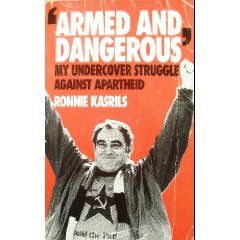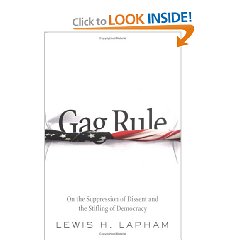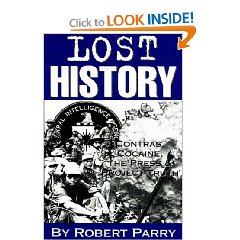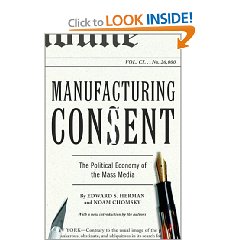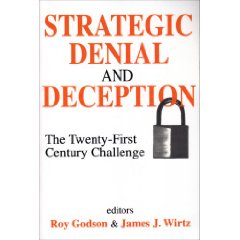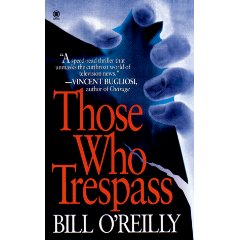1) The big fights, the important fights, take 25 years or more. The transformative fights, the nation-wide or trans-regional transformations, take 25-50 years.
2) When any government seeks to repress discontent by suspending the due process of law, stand by for a revolution.
3) Fighting this revolution, without a friendly country adjacent to South Africa, and with South African mercenaries and forces all too able to strike at will across Africa, was very very hard. Bomb-making, communications, all hard.
4) Camaraderie should not be allowed to undermine operational security and counterintelligence. From day one, misplaced faith and lax checking of backgrounds was very costly, and the ANC was riddled with informers, many of them passed through the US and UK.
5) The Russians, East Germans, and Cubans all provided aid with no strings attached–indeed, the West's excessive propaganda against communism actually inspired interest in communism. This book is one of the best references I have found, as a US intelligence professional, with respect to the good done by the so-called “main enemy” in the specific case of South Africa.
6) I believe the author when he recounts discussions with Russians focusing on the defense nature of their military investments, and their longer-term strategic focus on beating US capitalism in a straight-up economic competition with socialism. I had to think as I worked through this section: if Ronnie Kasrils could have these discussions, how could CIA get it so wrong all those years?
7) Across the entire book is a full range of clandestine technique. These guys knew how to use newspaper ads, codes, changes in times and dates, pre-arranged blind meetings, brush passes, dead drops, the whole nine yards. They lived it–and unlike US spies, who get sent home, if they failed at undercover operations they paid with their lives or spent years–sometimes decades–in prison.
8) The United Kingdom gets high marks for its balanced reception of ANC officers, and Scotland Yard gets the best marks of all.
9) Key elements of the ANC victory, apart for the grotesque self-destructive nature of apartheid, were persistence, propaganda, infrastructure, and training. Their leadership was clever, strategic, and focused. The ANC also understood that politics was as important as tactical and technical training–the moral is to the material as 10:1 and all that good stuff.
10) Training as well as solidarity were well balanced with sports, music, and art.
11) The East Germans taught them how to do Vietnamese tunnels (see my review of the “Tunnels of Cu Chi.”) My first thought was Colombia and drugs–I suspect the Americans have no idea what's under the ground in the Andes.
12) They were not ready for air attacks, especially air attacks streaking in on them from South Africa within other nominally sovereign countries.
13) A major contributor to their eventual success was the over-all trend in the region, with victories in Angola and Zimbabwe chief among the contributing factors.
14) The revolution went through a mutinous and discouraging phase. I was reminded of Bill Moyer's “Doing Democracy” where he quotes Tom Atlee in saying that Stage 5 in any long-term movement toward democracy is inevitably the stage where there is a perception of failure.
15) In the final stages before victory, one of their biggest problems was quality control over incoming recruits and over captured informants and traitors.
16) Chapter 16 is a lovely discussion of their use of open sources of intelligence. He says: “The greatest proportion of intelligence comes from published material. Since South Africa is a modern, industrial country, we were able to acquire information covering almost its entire infrastructure. This included everything from road, rail and power networks to national key points and strategic objectives. Pretoria's predilection for propaganda provided rich pickings from a range of military and police literature.”
17) These guys ran a marvelous early warning system that got citizen conscripts, when called up, to call in to telephone answering machines.
18) They pioneered the integration of maps, telephone books, index cards, and brain power in charting all the unoccupied farms across the country, ultimately plotting routes from the border all the way to Pretoria.
19) When De Klerk legalized the ANC, they were initially taken in and got sloppy with security. The author does a fine job of showing that De Klerk, while bowing to the inevitable in the end, was much more duplicitous and hostile to the ANC after starting the reconciliation process, than most in the West realize.
20) The author (who is now the Minister for Intelligence Services after having been the Deputy Minister of Defense) appears to be skilled at understanding the value of the media, and the importance of detecting and fighting disinformation early on.
21) His chapter on his tenure at the Ministry of Defence could teach us something about transformation and how to accelerate it.
In the end, and over-all, I am left with four impressions:
a) Morality really does matter, as does mass. A mass of people with morality is more powerful than an elite with guns.
b) Torture and murder by minions can be forgiven and understood–it is their political masters who must be held accountable.
c) Women are the best. the most steadfast revolutionaries–and their men could not survive decades of hardship without the steadfast commitment of their companions.
d) South Africa is ready (he quotes Thabo Mbeki) to make its own history.
For myself, I am quite certain that Ronnie Kasrils is going to lead South Africa's intelligence community in a way that no other national intelligence leader could possibly understand: in the service of the people, harnessing and inspiring their collective intelligence, placing intelligence in the service of the people.
This is an exceptional person…the real deal.

